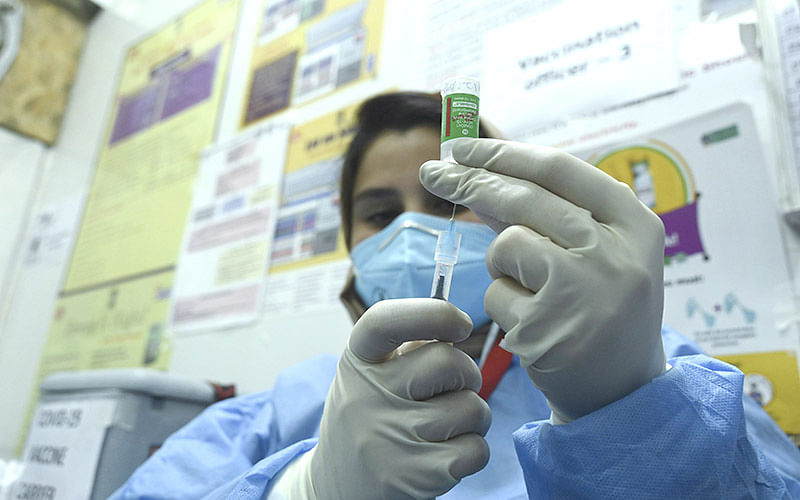We all know that developing an efficient and safe vaccine for a particular infection is a complex procedure that involves many studies in laboratory and trials on a large sample of the population in different phases. This process usually requires a lot of time to study the short and long term effects and side-effects of a particular vaccine.
The first case of HIV (Human Immunodeficiency Viruses) was diagnosed back in 1981. World Health Organization (WHO) website while indicating the mortality rates of various infectious diseases, presents that 17 lakh people were newly infected and 6,90,000 people died from HIV-related causes in 2019. Despite having such a high mortality rate and health burden on any country, even after forty years, scientists are yet to develop a definitive preventive vaccine against HIV. However, given the gravity and the impact of Covid-19 on health and economy of countries, all available knowledge and the latest technology was used in the development of a vaccine against this virus.
It was observed globally that the course of testing, standardizing, regulating and approving of the Covid-19 vaccines was polluted by significant political interference. Various scientific stages of development of vaccine were influenced by political and commercial interferences. The vaccine decisions were based more on political and commercial concerns than being entirely scientific.
With misplaced optimism of being the first in the race of developing the vaccine, many privileged countries and even developing countries entered the chase. India also rolled out its much-hyped Covid-19 vaccination drive on 16th of this month. In the first phase, frontline health workers were enrolled to get the jabs. However, despite people being eager for preventing themselves from this deadly contagion, there were not many takers for the vaccine. The news report “Indian hesitancy sets back world’s biggest Covid vaccination drive, Low uptake fuelled by fears over the safety of the vaccine and spread of misinformation” by The Guardian gave a detailed analysis about the trend (20th January 2021).
Amid genuine concerns and reasoned criticism from health experts about the trials, two vaccines namely Covishield and Covaxin were introduced for mass vaccination starting with healthcare workers. Covishield is a vaccine developed by Oxford University and AstraZeneca in the United Kingdom and later manufactured in private Serum Institute, Pune which was engulfed in a massive fire, killing five of its workers just a few days ago. This vaccine has completed its phase 3 trial in Brazil and the UK. However, its phase 3 trial in India was not publicized transparently. Covaxin is a vaccine made by Bharat Biotech. This vaccine is yet to undergo the phase 3 trial. Following criticism from different quarters, Bharat Biotech restricted its use in healthy adults only.
Ranging from vaccines for infants to the elderly, the general population is familiar with several vaccines. Some are given once in a lifetime and some vaccines are administered yearly. People believe that those vaccines are efficient enough to prevent them from infectious diseases in future. However, as far as vaccines for Covid-19 are concerned, it is still unknown as to how long the immunity received from a vaccine will last? It is also widely reported that even after receiving a shot, one has to follow all SOPs like wearing a mask and maintaining social distancing.
Moreover, the lack of large-scale trials is one more apprehension among masses. Compromised scientific procedures due to political interference are a worry. Lack of transparency that is giving rise to misinformation is a big stumbling block for trusting the efficacy of the vaccine. These critical questions and concerns require time to be answered and addressed.
More than seven billion people inhabit the earth. The vaccine nationalism and misguided jingoism among the countries that are capable of developing the vaccine have instilled a sense of fear and insecurity among the poor countries that don’t have resources to develop the one. This phenomenon is somehow widening economic inequalities between the developed and developing world.
Bottomline: While virologists are looking for a treatment to Covid-19, it is equally important to develop a vaccine for it. Everything that is developed needs to be backed by robust scientific studies and evidence-based explanations. This is a matter of human lives. If at any point it goes wrong, it doesn’t give another chance. The bitter reality remains that so far there is still no Covid-19 vaccine available that has proven safe and equally effective in large-scale trial. Governments were supposed to vaccinate millions by now; but they have fallen well short of that. Shouldn’t it be a matter of concern?






